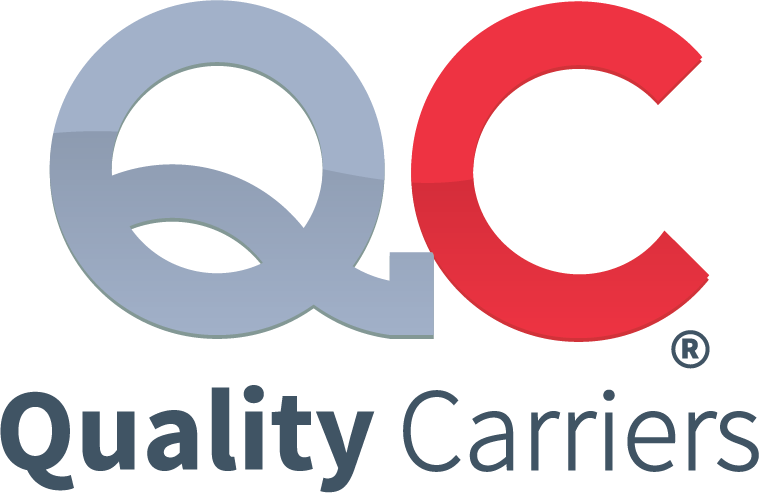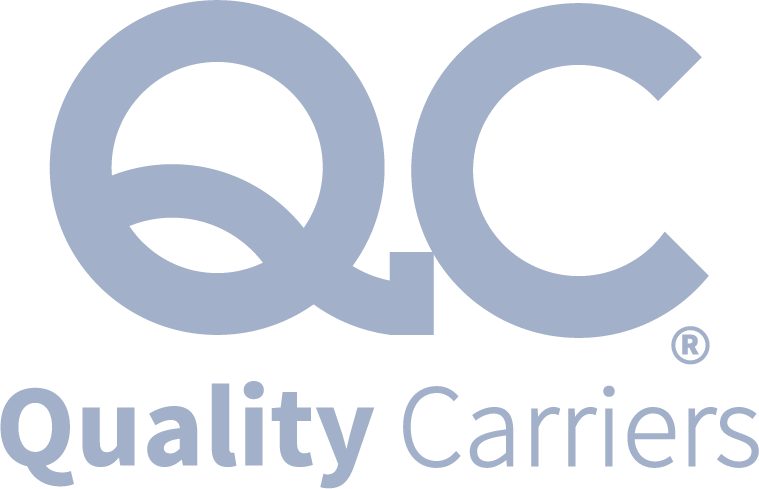Many small business owners would like to be able to work for themselves. After all, the typical 9-to-5 job does not allow much freedom in how you run your day. And there is no talk about how big your company will be in two or three years. With an independent contractor status, you have much more freedom to run your business. You may even enjoy it more—at least, some contractors would say.
Owner operators often wonder how much money they will get on each job. However, calculating pay is more complex than it seems. Several factors go into the amount of money you’ll earn on a job. It can be hard to figure out how much money owner-operators make, but this guide will tell you everything you need to know.
How do owner-operators get paid?
Owner-operator jobs vary from different companies, from trucking companies to freight brokers. They may work as a team, or they may be on their own. The pay structure varies by company and by individual contract.
Owner-operators receive two types of compensation for their work: a percentage of the load and mileage.
Percentage of load- The owner-operator gets paid a percentage of the load’s value, which the shipper or consignee determines. This method is best for those who want to maximize their earnings and don’t mind waiting days or weeks for payment.
Mileage – Owner operators will be paid based on miles loaded, and miles traveled. CPM is “cents per mile” remuneration. Companies usually pay drivers a certain amount per mile when using this method. The precise figure can change depending on your company and the vehicle you drive.

How much does an owner-operator make?
According to the American Trucking Associations, the median pay for owner operators is $74,000 annually.
The average owner-operator can make more than $100,000 a year. Based on data from the Bureau of Labor Statistics shows median annual earnings for transportation workers — those who drive trucks, vans or buses.
Owner-operator vs. company driver salary
The difference between the owner-operator’s and the company driver’s salary is that the owner-operator owns their own truck, while the company driver is only a driver for a particular company. The average annual wage for an owner-operator is $75,000. They also make their own schedules and determine how many miles they drive daily.
The average annual salary for a company driver is $50,000. Employers pay by the mile, but drivers must follow guidelines. They cannot take any time off during peak season and cannot choose when they want to drive.
Expenses of an Owner-Operator
Truck owners are responsible for all expenses related to the truck. These include:
Buying a truck: When you buy a truck, it’s not just the cost of the vehicle that you need to consider. You’ll also have to pay for registration, licensing and insurance. Some states require commercial drivers to have special licenses as well. The average price of a small truck is $45,000. Costs can range from $30,000 to $100,000 or more depending on the size and features of the truck.
Maintenance: Truck maintenance prices vary on how often your truck is used and if it has air conditioning or heated seats. Under-the-hood repairs can be expensive, but so can problems with tires and other parts of the vehicle that aren’t visible from the outside but still affect its performance.
Fuel Costs: Fuel expenses vary widely based on the type of equipment and how much you drive. Trucking owner-operators who travel long distances can spend as much as $800 per week on fuel, while drivers who operate local routes might only spend $400 per week.
Insurance: Trucking insurance is expensive, but you need it to drive your truck legally. The insurance cost varies depending on the size and type of truck you own, but it’s generally between $1,000 and $2,000 per month (depending on whether you’re renting or leasing). You’ll also need to pay for liability coverage for when you’re not driving your truck.
Taxes and Paperwork: Taxes vary by state but are based on gross income earned from your business activities. For tax purposes, you have to keep records of things like vehicle maintenance and repair costs, gas purchases, and so on.Employers pay by the mile, but drivers must follow guidelines.
Here are simple rules to get you out of trouble with the IRS and your state tax authority.
- Save to pay taxes. You need to save at least 10% of your monthly income to have enough cash available when it’s time to pay yearly taxes.
- Pay taxes quarterly. When you finally start earning a steady income, it’s important to start paying taxes quarterly instead of waiting until April 15th. This ensures that you stay on top of your tax obligations and don’t get caught by surprise at tax time.
- Hire an accountant. An accountant can help you keep track of all your expenses and income, making tax time much easier for you. They’ll also help you set up a system for filing taxes properly and making sure everything is correct.
- Track everything. You must know how much money came in and out, what your expenses and how much money left over after paying those expenses. You need this information to accurately report it to the IRS when tax season comes around each year.

Conclusion
In conclusion, owner-operators receive pay in a variety of ways. Each method varies in frequency, pay structure, and paycheck amount. Owner-operators can get payments on a weekly or biweekly basis or on a monthly basis. Specific routes pay by the load, while others pay by the mile. Work contracts can define hourly wages and overtime rates of compensation, so each method has its pros and cons.
FAQS:
An owner-operator is a driver who owns the truck that he or she drives. To become an owner-operator, you need to buy your own truck and have it insured as a commercial vehicle. You also need to register and insure your truck under the Commercial Motor Vehicle Safety Act of 1986 (CMVSA).
Once you have purchased your own truck and registered it with FMCSA, you can start operating your business as an owner-operator.
If you’re an owner-operator, you may be able to deduct certain expenses from your taxable income. Some of these deductions are also available to employees who work as truckers or other types of transportation workers.
Business expenses: You can deduct the costs associated with operating your trucking business as part of your self-employment tax. Examples include fuel, oil, tires, repairs and maintenance, insurance and depreciation on your truck.
Travel expenses: You can deduct travel expenses when traveling away from home overnight for business purposes.
Health insurance premiums: You can deduct premiums paid for health insurance coverage if you were self-employed (including qualifying proprietors) or an employee who was eligible for employer-sponsored coverage but elected not to participate in it because of the cost.
Insurance Premiums: Insurance premiums are a deductible expense and must be included on Form 4562 along with depreciation costs when calculating total deductions from income.
What types of lease agreements are available for owner-operators?
Lease-purchase agreement
This is a lease agreement that allows you to buy the truck at the end of the lease. You’ll pay off the truck’s balance by making monthly payments and then receive title to it once you’ve paid it off.
Lease-on agreement
This is a lease agreement that allows you to keep driving the truck after your lease ends, but you can’t buy it until all payments have been made.









